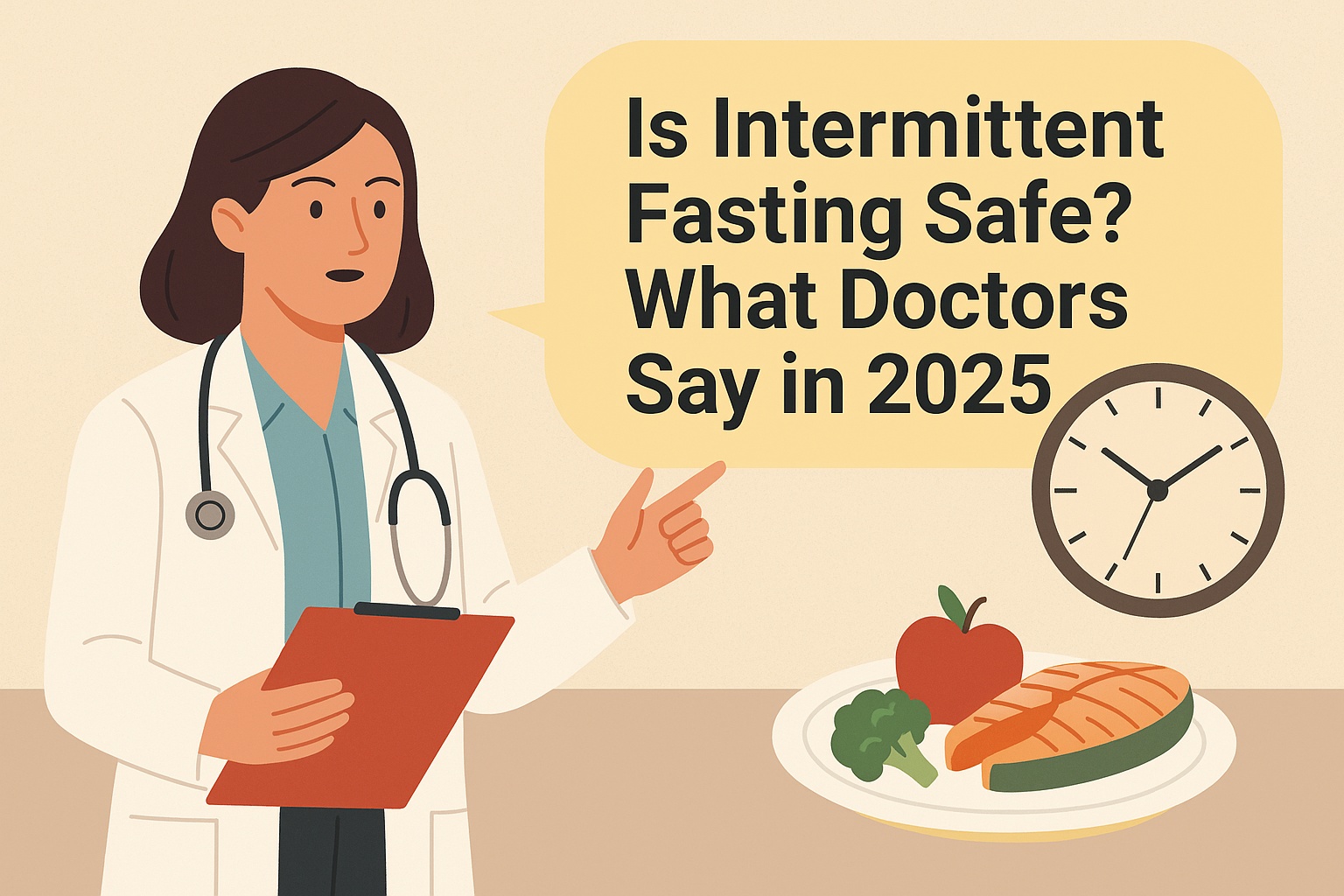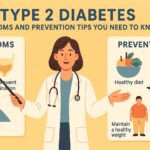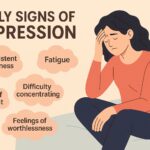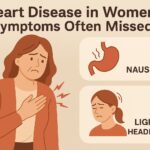Is Intermittent Fasting Safe in 2025?
Is intermittent fasting safe for everyone? That’s one of the most searched wellness questions in the U.S. right now. With countless influencers, books, and diets promoting intermittent fasting as a miracle for weight loss, longevity, and energy, it’s easy to be curious—or skeptical. But what do real medical experts say? In this article, you’ll get science-backed answers about safety, benefits, and risks based on the latest 2025 medical guidelines.
What Is Intermittent Fasting?
Intermittent fasting (IF) is an eating pattern where you cycle between periods of eating and fasting. It doesn’t tell you what to eat, but rather when to eat. The most popular methods include:
- 16:8 method — 16 hours of fasting, 8 hours of eating (usually skipping breakfast).
- 5:2 method — Eat normally for five days, then restrict calories (500–600) for two nonconsecutive days.
- Alternate-day fasting — Eat every other day or restrict calories on alternate days.
Proven Benefits of Intermittent Fasting
Many studies support the idea that IF offers several health benefits—when done correctly. Some of the most well-documented include:
- Weight loss through reduced calorie intake and improved insulin sensitivity
- Lower blood sugar and inflammation markers
- Improved heart health (reduced LDL, blood pressure, and triglycerides)
- Enhanced cellular repair processes (autophagy)
- Potential longevity benefits based on animal studies
That said, these benefits depend on the individual and how they implement fasting—making the question “is intermittent fasting safe” essential before trying it.
Who Should Avoid Intermittent Fasting?
While IF can be beneficial, it’s not safe for everyone. Certain groups should avoid or consult a healthcare provider before trying it:
- Pregnant or breastfeeding women — Nutritional needs are higher during this time.
- People with diabetes or blood sugar issues — IF can cause dangerous dips in glucose.
- Those with a history of eating disorders — Restrictive eating can trigger relapse.
- Children and teens — Growing bodies need regular meals for development.
- People on medication that requires food intake — Fasting may interfere with absorption or safety.
Is Intermittent Fasting Safe for Most Healthy Adults?
Yes, for many generally healthy individuals, IF can be safe and effective—especially when combined with a balanced diet and physical activity. Doctors often recommend easing into fasting gradually and monitoring your energy levels, hydration, and nutrient intake.
However, it’s important to listen to your body. If you feel dizzy, overly tired, irritable, or develop digestive issues, fasting may not be a fit for your lifestyle or biology.
Risks and Side Effects to Watch Out For
Before starting any fasting regimen, consider potential side effects:
- Fatigue or brain fog, especially during the adjustment phase
- Increased hunger and cravings
- Sleep disruption if fasting windows extend too late
- Digestive issues like constipation or bloating
- Risk of under-eating or nutrient deficiencies over time
Tips for Safe Intermittent Fasting
To ensure intermittent fasting is safe and effective, follow these doctor-approved tips:
- Stay hydrated — Drink plenty of water, herbal tea, or black coffee during fasting windows.
- Break your fast wisely — Choose whole foods with protein, fiber, and healthy fats.
- Don’t overeat — Avoid bingeing at the end of your fast; it can negate benefits.
- Prioritize sleep and stress management — Both affect hormonal balance and hunger cues.
- Adjust your workout schedule — Some people prefer to train during their eating window for better energy and recovery.
What Doctors Say About Intermittent Fasting in 2025
According to updated guidelines from U.S. healthcare providers, intermittent fasting can be a safe approach for metabolic health if done with awareness. Physicians emphasize that fasting is not a quick fix and shouldn’t replace long-term healthy eating habits. In clinical settings, IF is now often recommended for patients with prediabetes, mild obesity, or insulin resistance—as long as it’s medically supervised.
FAQs: Is Intermittent Fasting Safe?
- Can I drink coffee during fasting?
Yes, black coffee without sugar or cream is usually allowed and may reduce hunger. - Does intermittent fasting slow metabolism?
No. Studies show short-term fasting can actually preserve or enhance metabolic function. - How long should I fast?
Start with 12–14 hours and gradually increase to 16 hours if it feels sustainable and safe for your body.
Conclusion: Is Intermittent Fasting Safe for You?
So, is intermittent fasting safe? For most healthy adults, the answer is yes—with a few caveats. When practiced mindfully and supported by proper nutrition and rest, intermittent fasting can offer impressive health benefits. But like any health strategy, it’s not one-size-fits-all. If you’re unsure, speak with a doctor or registered dietitian before starting. Your body’s safety and long-term well-being should always come first.







